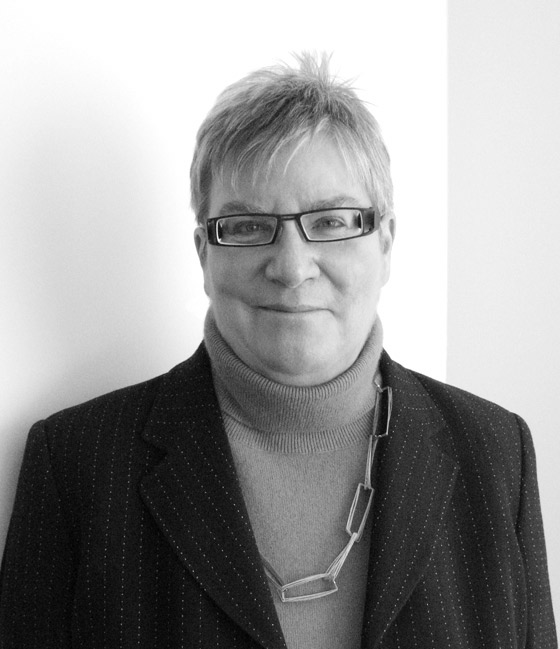Louise Dandurand sees opportunity to overtake older institutions

Vice-President Research Louise Dandurand said more aggressive pursuit of provincial funding will give us an edge in federal funding applications.
marion elissalde
Louise Dandurand has only had a few weeks in her mandate as VP Research and Graduate Studies, but she is already enthusiastic about where Concordia is headed.
“The dynamic faculty renewal Concordia has experienced in the last five to six years put us in an excellent position to develop new research niches,” Dandurand said. “We have a wonderful opportunity that can give us a leading edge over established institutions with traditions and a certain rigidity.”
Dandurand’s first priority was to “visit as many research units as possible to take the pulse of the university.” She was pleased to discover “the vitality of the units and the dedication of professors, researchers and graduate students.’
She was also impressed with the number of ties Concordia’s researchers have to collaborators across the province and country. These ties may not be apparent outside of the university, and she would like to see them strengthened and formalized.
Although she continues to tour the campus and learn more about current research endeavours, Dandurand intends to develop a series of strategies and policies to direct and support the funding and infrastructure of current and potential research units.
“By the end of 2007, I would like a clear road map with a number of institutional strategies defined and ready to be deployed.” Concretely, that means long-term planning. She recognizes that each faculty has its own culture and any institutional strategy will take that into account.
“We need to position ourselves to develop new strategic research areas.” Dandurand sees that happening by strengthening partnerships. “Academic research should echo in society economically, socially, politically and culturally.” Thus industrial and social stakeholders are equally important.
However, she does want the university to become more proactive in terms of seizing funding opportunities.
She points out that Quebec provides a lot of infrastructure funding specifically for research teams, centres and networks. She credits that support framework for the higher number of Quebec researchers getting federal support — although 24 per cent of Canadian researchers are based in Quebec, about a third of available federal funding goes to Quebec researchers.
“They are taking advantage of the leading edge that kind of support gives.”
She would like Concordia’s researchers to pursue those funds more actively, and use them to develop in new directions. For instance, faculties could work together more concretely on developing interdisciplinary programs and initiatives.